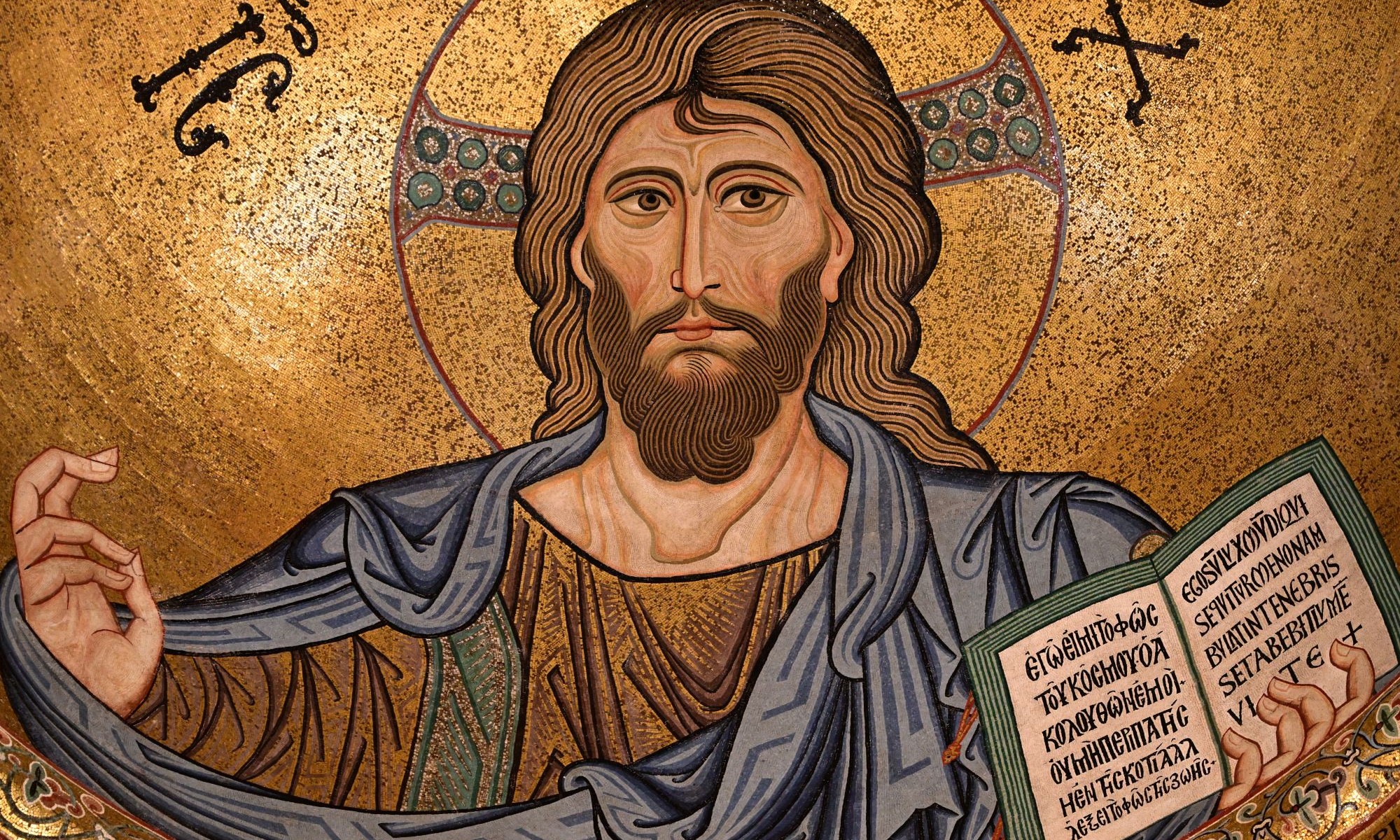Evensong. Tenth Sunday after Trinity, 2021. Year B.
Readings: Job 28 & Hebrews 11:17-31.
One of the great human questions is “why are we here?”
Genesis gives us an answer to that question, in that we were created by God to have dominion over the world, but a dominion under God.
We are not necessary to God’s creation, but God chose to create us, as indeed he chose to create all of the heavens and the earth.
Our two readings today come from two possible responses to that act of creation.
The Book of Job is a long inquiry into all of the aspects of that creation, and its imperfections. The ultimate response is a traditional one – in that our only ultimate response can be one of trust in and worship of God as the creator and sustainer of creation.
The passage dwells on the wisdom of God, which the Book of Job always affirms is beyond our understanding.
But it also dwells on our, God-given, wisdom as well.
Some religions place a stress on unconditional acceptance of the divine will. The wisdom of God is so surpassing, and ours so limited, that our only response can be to submit utterly to God.
But the message that we read in the scriptures, mediated by our knowledge of Christ, is different.
In the incarnation, God partook in our human existence, and reminded us to what extent we can partake in his divinity.
And the divine gift of wisdom – the greatest of God’s gifts in the Old Testament, is the gateway to our adoption by God.
We may be justified by faith, but it is a faith that is informed, not blind. Job questions, debates, raves and curses. He does not meekly submit or blindly obey. He is ultimately faithful, but his faith is a faith of questions. He wants to understand the whys of the world, and to gain some glimpse of the mind of God.
We are fortunate. In Christ we are shown the mind of God in human form. Job is forced to conjecture about why he suffers, and takes refuge in his unswerving belief in his own righteousness. We know that our righteousness comes not through our own efforts, but by the faith of God in his covenants, and while we still may not know the reasons for suffering, we can take solace in the knowledge of a God that suffers alongside us in the person of Jesus.
In the words and actions of Jesus, shown to us in the Gospels, we get our closest vision of the mind of God, and this example is what should inform all our thoughts. True wisdom, as Job recognises, comes from God, and our exercise of it is one of the truest ways that we can worship God.
We may not have an answer to questions like ‘why are we here’ or ‘why is there suffering in the world’, but we know that these are valid questions; they are questions that God wants us to try and answer, and that one day, when we stand in the presence of God, we will know the answers truly.
Amen
